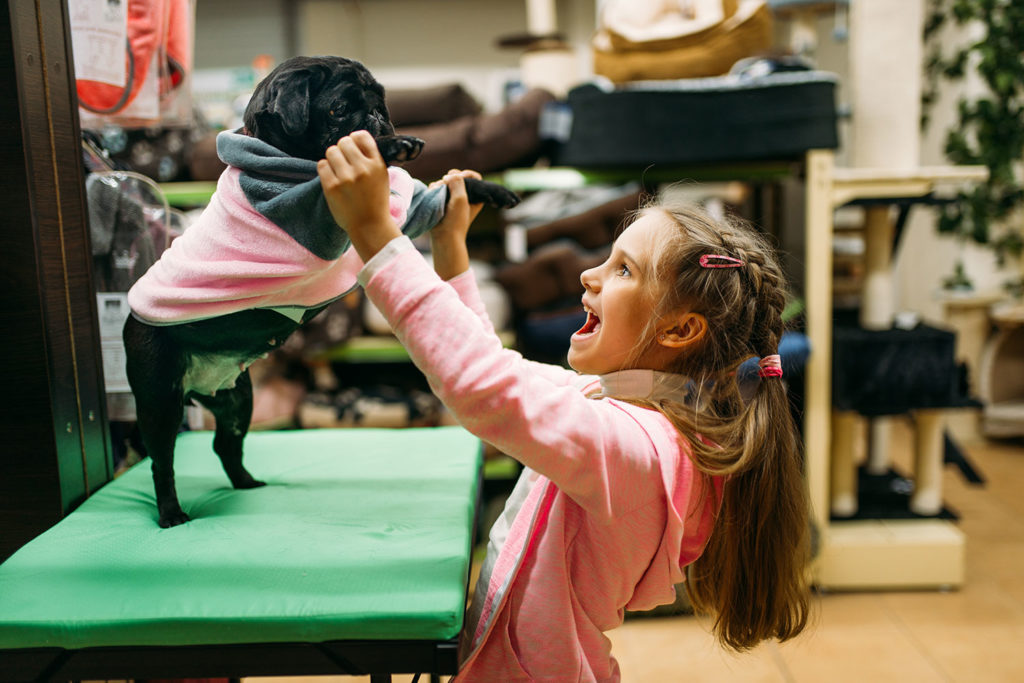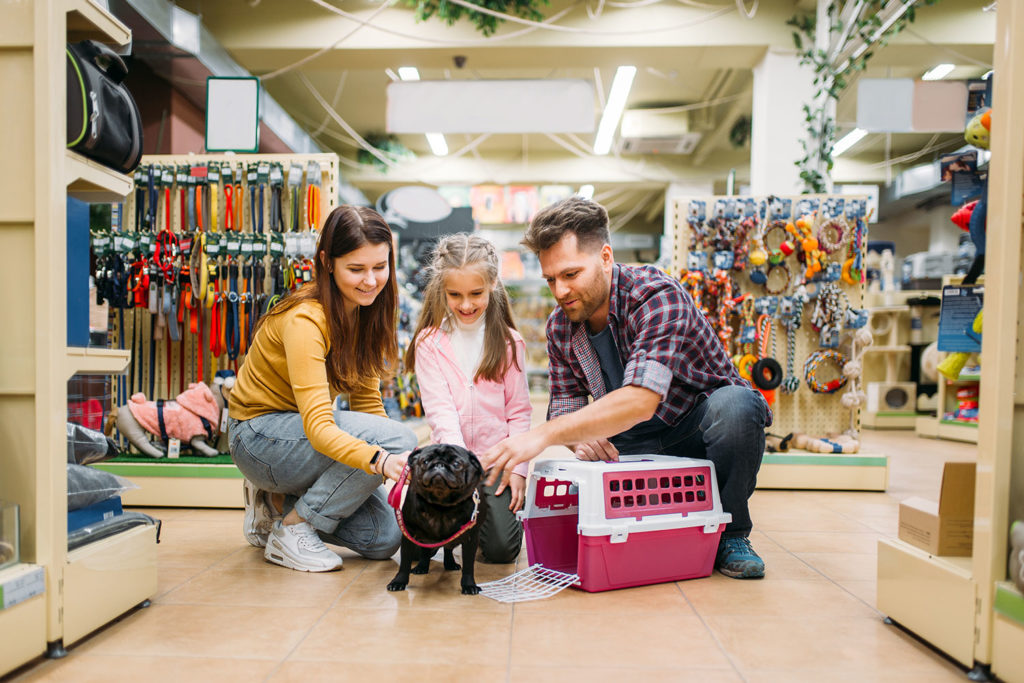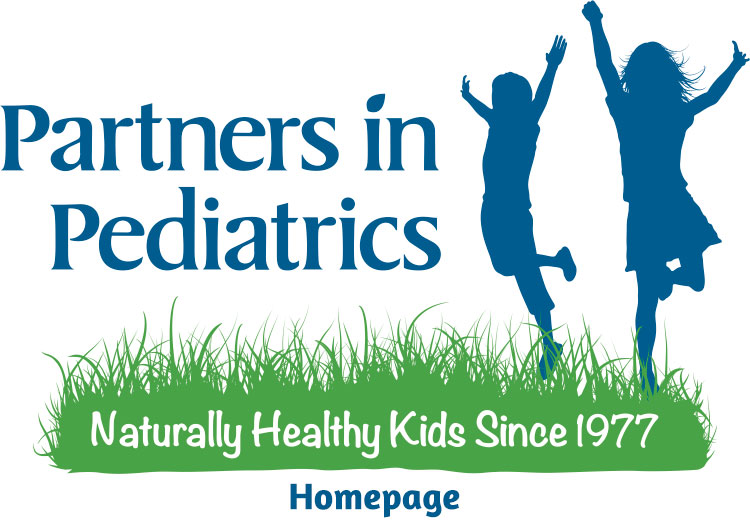Probably everyone can agree that there aren’t many things cuter than a window or room full of puppies, playing and sleeping, at a pet shop! It can be tempting to stop, watch and even pet them, giving yourself, your kids and the puppies a break from the stresses of the day. It seems like no harm should ever come from such a nurturing activity, and most of the time that is the case. Last month, however, the Centers for Disease Control and Prevention (CDC) issued an Investigation Notice warning of a multi-state outbreak of multidrug-resistant Campylobacter infections linked to puppies purchased from pet stores.

Haven’t heard of Campylobacter infections? According to the CDC, most people infected with Campylobacter infections develop diarrhea (often bloody), fever, and stomach cramps 2 to 5 days after being exposed to the bacteria. Nausea and vomiting may accompany the diarrhea. Sometimes Campylobacter infections cause complications, such as irritable bowel syndrome, temporary paralysis, and arthritis. In people with weakened immune systems, such as those with a blood disorder, with AIDS, or receiving chemotherapy, Campylobacter occasionally spreads to the bloodstream and causes a life-threatening infection. Campylobacter does not usually spread from one person to another. The CDC estimates that Campylobacter infections affect 1.5 million U.S. residents every year, with most cases not being part of recognized outbreaks.
About one in every 1,000 reported Campylobacter illnesses leads to Guillain-Barré syndrome (GBS). People with GBS can have muscle weakness or sometimes paralysis that can last for weeks and often require intensive medical care. Most people recover fully, but some have permanent nerve damage. Estimates indicate that as many as 40% of GBS cases in the United States might be triggered by Campylobacter infection.
Again according to the CDC, illness from Campylobacter infections usually lasts about a week and most people recover without antibiotic treatment. Patients should be sure, though, to drink extra fluids as long as diarrhea lasts. Some people who have, or at risk for, severe illness (including those who are 65 years or older, pregnant women, and people with weakened immune systems) may need antibiotic treatment. Some types of antibiotics may not work for some types of Campylobacter, with the recent CDC Investigation Notice noting predicted antibiotic resistance to tetracycline, ciprofloxacin, nalidixic acid, azithromycin, erythromycin, clindamycin, telithromycin, and gentamicin.

The CDC is reporting that, as of December 17, 2019, a total of 30 people (ranging in age from 8 months to 70 years) infected with Campylobacter have been reported from 13 states. Although cases have been reported in the surrounding states of Utah and Wyoming, there are no known cases in Colorado. As of that date, there have been 4 reported hospitalizations, and thankfully no deaths. The CDC reports that, of the people interviewed, 88% reported contact with a puppy in the week before illness started. A large majority (71%) of that group reported contact with a puppy from a pet store, with most (80%) reporting either working or having contact with a puppy at a Petland store, a national pet store chain but without a Colorado location.
Based on the above, it may be tempting to conclude that those of us living in Colorado don’t need to worry about the latest Campylobacter outbreak. Unfortunately, pet shop puppies are not the only source of Campylobacter infections! Pets in general (including cats and dogs) can carry Campylobacter bacteria. (Other sources include eating raw or undercooked poultry or something that touched it, other foods (such as seafood, meat, and contaminated produce), contact with animals (such as chickens, turkeys and cows), and drinking untreated water. These sources are beyond the scope of this blog, but are addressed on the CDC’s website.) The CDC has published some practical guidelines for protecting your and your family’s health around pets:
1) Always supervise young children around pets.
2) Wash hands thoroughly with running water and soap (adults should supervise handwashing for young kids):
- After touching pets and other animals,
- After touching your pet’s food or water,
- After cleaning up your pet’s poop, pee, or vomit, and
- After touching your pet’s belongings (such as toys and bowls) or habitats (such as beds, cages, tanks, coops, and stalls).
If soap and water are not readily available, use hand sanitizer until you are able to wash your hands with soap and water. Also, be sure to clean up any pee, poop, or vomit inside the house immediately and then disinfect the area using a water and bleach solution.
3) Don’t put hands in or around your mouth after petting or playing with animals. Keep items that have come into contact with animals out of your mouth.
4) However tempting it may be, don’t kiss dogs, cats, backyard chickens, rodents and other “pocket pets” (such as mice, hamsters, gerbils and guinea pigs), reptiles (such as snakes, lizards, and turtles), amphibians (such as frogs and toads), or other pets and animals.
5) Don’t let animals lick around your mouth and face.
6) Don’t let animals lick an open wound or areas with broken skin.
7) Clean your pet’s belongings and habitats outdoors. If these items must be cleaned indoors, use a tub or large sink that can be cleaned and disinfected. Avoid using a kitchen sink, if possible.
8) Take your pet to the veterinarian regularly and anytime it is sick. Keeping your pet healthy could help keep you and your family healthy.
Furthermore, within a few days after getting a new puppy or dog (or cat), the CDC suggests taking it to a veterinarian for a health check-up:
- Pick an animal that is bright, alert, and playful,
- Signs of illness include appearing lethargic (sluggish or tired), not eating, having diarrhea, and breathing abnormally. However, even an animal that appears healthy can spread germs to people and other animals.

Finally, if your pet becomes sick soon after purchase or adoption, the CDC advises taking it to a veterinarian promptly and informing the pet store, breeder, or rescue organization about the pet’s illness. If your pet does become sick, thoroughly clean the area occupied by your pet by using a water and bleach solution.
We hope that the above information is helpful. As your integrative pediatrician and medical home in Denver, providing complementary and alternative care as well as practicing conventional medicine, we understand the strong bond that exists between your family and its pet members, and we want to do what we can to protect that bond. With a few common sense safety precautions, the benefits of owning a pet should outweigh any risk!



Leave a Reply